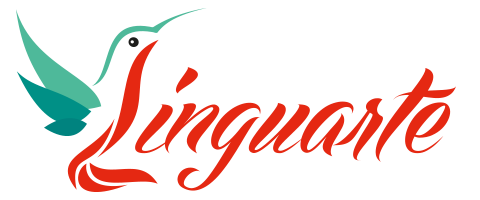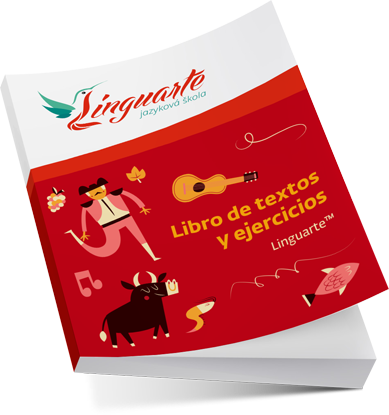Grammar is a means to learning, not the goal.
Possibly all of us have had language courses that used a lot of grammar and endless written practice. However, this way of learning does not prepare us to have a conversation in Spanish in a real situation.
We don’t like this and so we decided to fix it. So, we created the Linguarte method under two principles:
The first considers that communication is the priority and grammar is a tool. We need to talk and use grammar, not focus on written grammar practices.
The second considers that, when communicating, we focus on specific tasks that we want to accomplish. And for this, if we want to learn well, we have to be able to talk about everyday situations close to our lives and needs.
The union of both principles guarantees an improvement in learning and fluency to speak without forgetting the other skills necessary for the successful learning of a language (listening, writing and reading).
In addition, our method encourages active and cooperative participation of students in a highly motivated and trusting environment where your time and effort will be rewarded when speaking the language.









